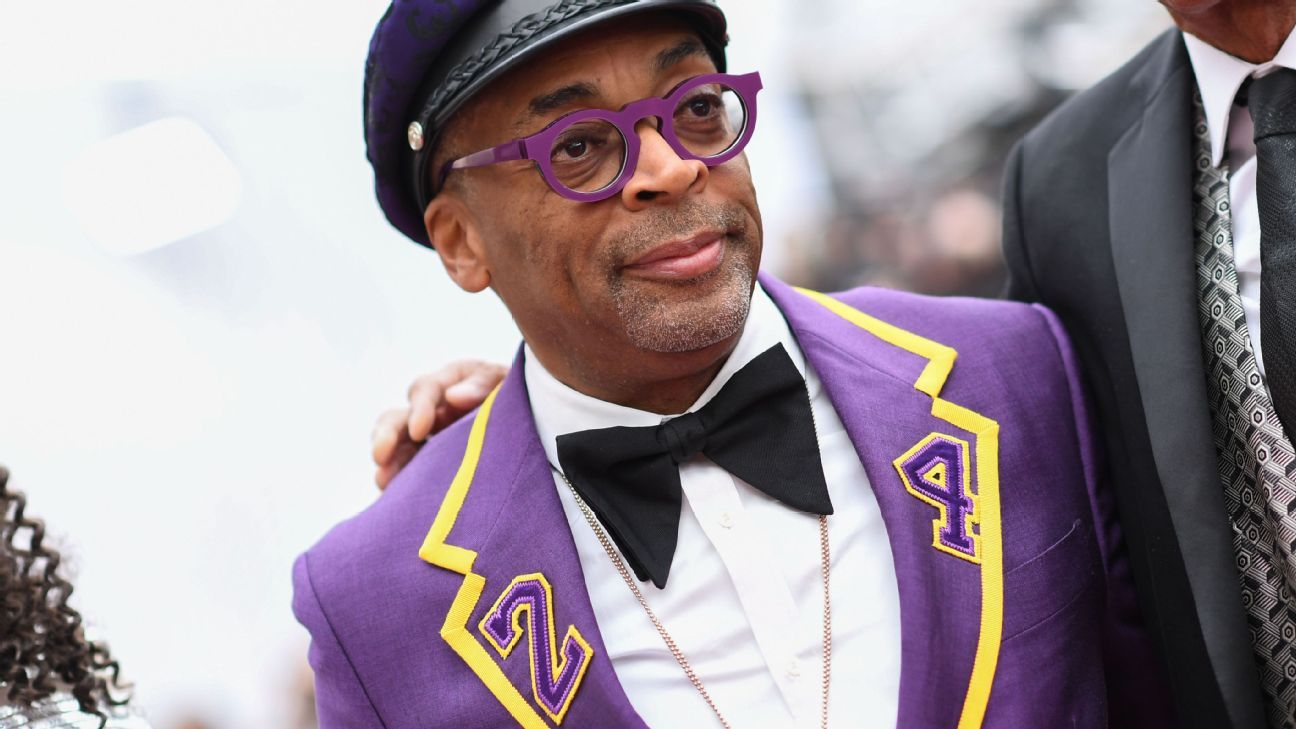
SEOUL, South Korea — Much of the world knows South Korea by its cultural products, including its increasingly popular movies, TV dramas and K-pop bands like BTS and Psy. Now the country has received once-unthinkable validation of its artistic achievement: a best-picture Oscar.
On Monday, the director Bong Joon Ho’s “Parasite,” a genre-defying film about class warfare, won that award and three other Oscars, including best director. It was a historic moment for both the Oscars and South Koreans: “Parasite” was the first ever foreign language film to win the top Academy Award, and for South Korea, it was a moment of collective national pride.
In office buildings in downtown Seoul, where people were watching live streams of the awards ceremony, cheers rang out on Monday morning. The South Korean president kicked off his staff meeting with a round of applause for the director. Local media sent out news flashes.
“‘Parasite’ wins four Oscars, including best picture, and rewrites the 92-year history of Oscars!” read a banner news alert on the home page of the national news agency, Yonhap.
South Koreans expressed surprise and gratification over the honors.
“Frankly, I haven’t had high expectations because I thought they made conservative choices when selecting Oscar awards,” said Baek Young-hoon, 50, a South Korean movie fan, referring to the longstanding dominance in Hollywood of white filmmakers focusing on stories about white people. “So this comes as a great pleasant surprise to Korean people. We have been longing for global recognition of our movies at the Academy Awards.”
“Bong Joon Ho and his ‘Parasite’ made me proud of being Korean,” said Kim Ki-nam, 28, a seller of smartphone accessories in Seoul, calling it a “Korean film winning an Oscar with an all-Korean cast and with a Korean tale!”
As soon as “Parasite” hit the screens last May, it resonated with South Koreans because it used a masterful mix of comedy, satire and violence to describe one of the country’s biggest social and political issues: widening income inequality and the despair it has generated, especially among young South Koreans.
“People around the world could relate to the polarization it describes,” said Huh Eun, a retired college professor in Seoul and a fan of Mr. Bong’s films. “The film was an extended metaphor for how the deepening rich-poor gap in advanced capitalist societies breeds blind hatred and crimes.”
In the movie, a poor family living in a stifling semi-basement home uses subterfuge to get various jobs from — and feed off — a rich family in Seoul. Hence the movie’s name.
The film touched nerves among South Koreans because of its depiction of the squalor and exorbitant housing prices the poor face in the country’s congested capital city, and the deepening fatalism among the have-nots over their inability to climb the social ladder.
The gap and alienation between the so-called gold spoon and dirt spoon fueled a recent scandal involving the country’s justice minister, who was accused of using his influence to help his children get into prestigious colleges. The minister, Cho Kuk, resigned after weeks of public uproar, and President Moon Jae-in apologized to young South Koreans over the country’s growing economic inequality.
Mr. Bong’s film proves that a story that examines the struggles of ordinary South Koreans could strike a chord around the world because of the inequalities that afflict many societies.
“Miracle!” Woosang Lee, a Korean in Vancouver, Canada, wrote on Twitter. “I am happy and proud to be Korean. I have never imagined that this kind of thing would come.”
Another Twitter user said it “feels surreal to see a movie in your first language earn this much prestige from a Western audience.”
The Korean Peninsula was divided into North and South Korea by foreign powers against the Koreans’ will at the end of World War II. That history left both Koreas with a deep fear of being ignored.
Although South Korea has transformed itself from a war-torn economic basket case into one of the economic powerhouses of Asia, it still nurses a perpetual hunger for international recognition. One of the country’s pet grievances remains that its scientists and writers have yet to win a Nobel Prize.
In South Korea, athletes, artists and entertainers have been looked down on as pursuing inferior professions. Mr. Bong was among hundreds of artists, writers and filmmakers who had been deemed uncooperative and blacklisted by the government under a former president, Park Geun-hye, who was impeached.
But it was South Korean athletes, filmmakers and other artists who helped put South Korea on the map by winning Olympic gold medals and professional golf trophies and by going viral on global social media with K-pop music, videos and films.
South Korean films have won awards in major international festivals since 2002. (“Parasite” itself won the Palme d’Or at the Cannes Film Festival in May and the Golden Globe for best foreign film last month.)
But until now, an Academy Award had proved elusive.
“It’s a little strange, but it’s not a big deal,” Mr. Bong told an interviewer last year, when asked why no Korean film had ever been nominated for an Academy Award despite the country’s outsize influence on cinema over the past two decades. “The Oscars are not an international film festival. They’re very local.”
On Sunday night in Hollywood, the Oscars were local no more.
In Seoul, word of the honors for Mr. Bong was celebrated by everyone from the American ambassador to President Moon, who started his presidential staff meeting on Monday with a clapping of hands for the director and “Parasite.” He later thanked Mr. Bong for “instilling pride and courage in our people.”
“‘Parasite’ has moved the hearts of people around the world with a most uniquely Korean story,” he said. “It reminds us of how touching and powerful a movie can be.”
https://news.google.com/__i/rss/rd/articles/CBMiTmh0dHBzOi8vd3d3Lm55dGltZXMuY29tLzIwMjAvMDIvMTAvd29ybGQvYXNpYS9QYXJhc2l0ZS1Pc2Nhci1ib25nLWpvb24taG8uaHRtbNIBAA?oc=5
2020-02-10 10:58:00Z
52780600982634








